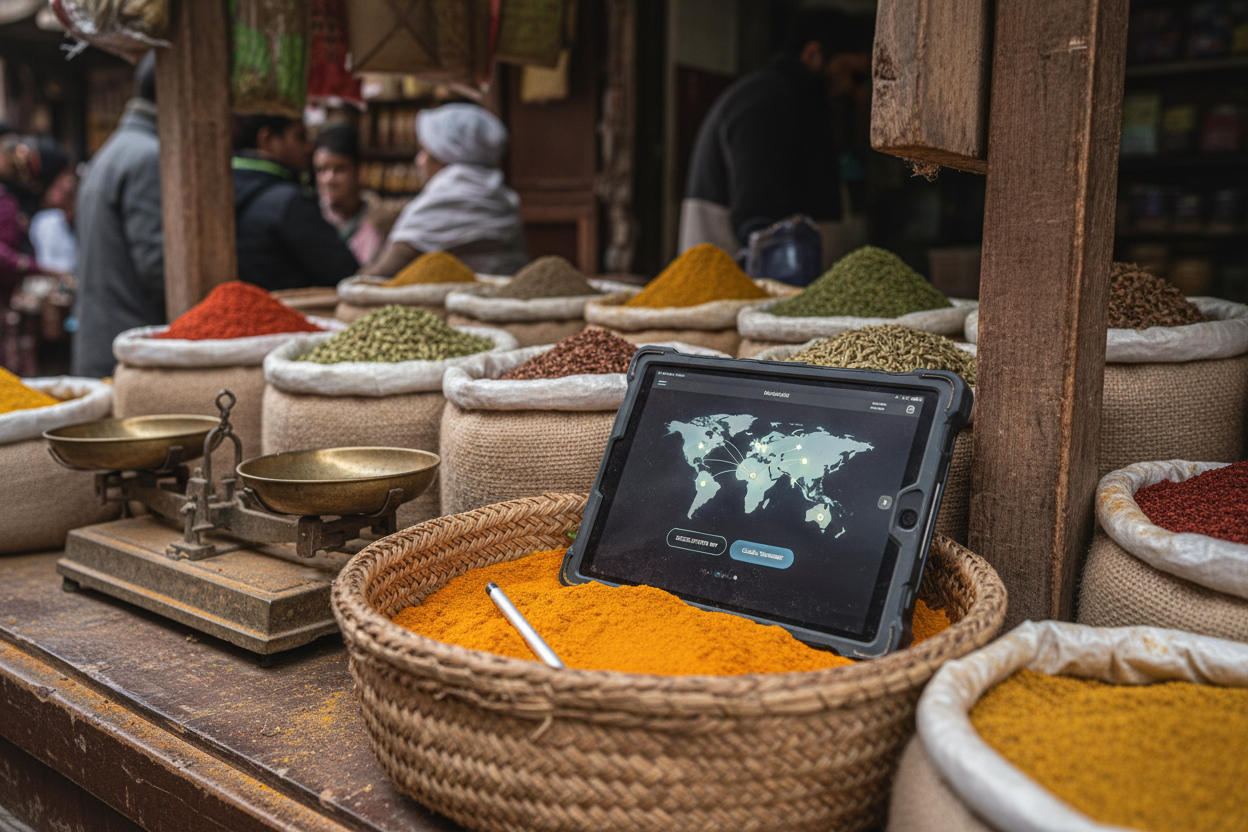
Asia’s crypto scene is heating up, and if you’re a global buyer, now’s the time to pay attention. India, Japan, and Vietnam are rewriting the rules for cryptocurrency exchanges, each bringing their own flavor of innovation and regulation. These moves aren’t just local news, they’re reshaping how crypto is bought, sold, and secured across the region, with ripple effects felt worldwide.
![]()
India: Audits Drive Security and Trust
India is no longer just a leader in grassroots adoption, it’s setting new standards for exchange security. The Financial Intelligence Unit (FIU) has mandated government-certified cybersecurity audits for all crypto service providers. This isn’t just red tape; it’s a power move to boost compliance with anti-money laundering (AML) and counter-terrorism financing (CTF) laws.
What does this mean for buyers? Exchanges that pass these audits are signaling legitimacy. If you’re looking to buy cryptocurrency in Asia, expect more transparency and fewer rug pulls. But beware: non-compliant platforms could lose their licenses fast. India is making it clear, only the secure will survive.
The market impact? With India topping the 2025 Global Crypto Adoption Index, these new rules could set a blueprint for other countries looking to balance growth with investor protection.
Japan: Legal Clarity Supercharges Expansion
Japan’s Financial Services Agency (FSA) is stepping up by proposing an amendment to give cryptocurrencies legal status as financial products. This isn’t just semantics, it means insider trading restrictions will apply to crypto assets just like stocks or bonds. For international buyers seeking stability, this move signals that Japan’s exchanges are about to become some of the most tightly regulated, and trusted, in Asia.
The FSA aims to present this bill in early 2026. If passed, expect Japanese exchanges to attract more institutional money and global buyers who crave regulatory clarity over wild-west speculation. Japan’s approach could spark a domino effect across Asian markets hungry for both innovation and order.
How India, Japan, and Vietnam’s Crypto Rules Impact Global Buyers
-
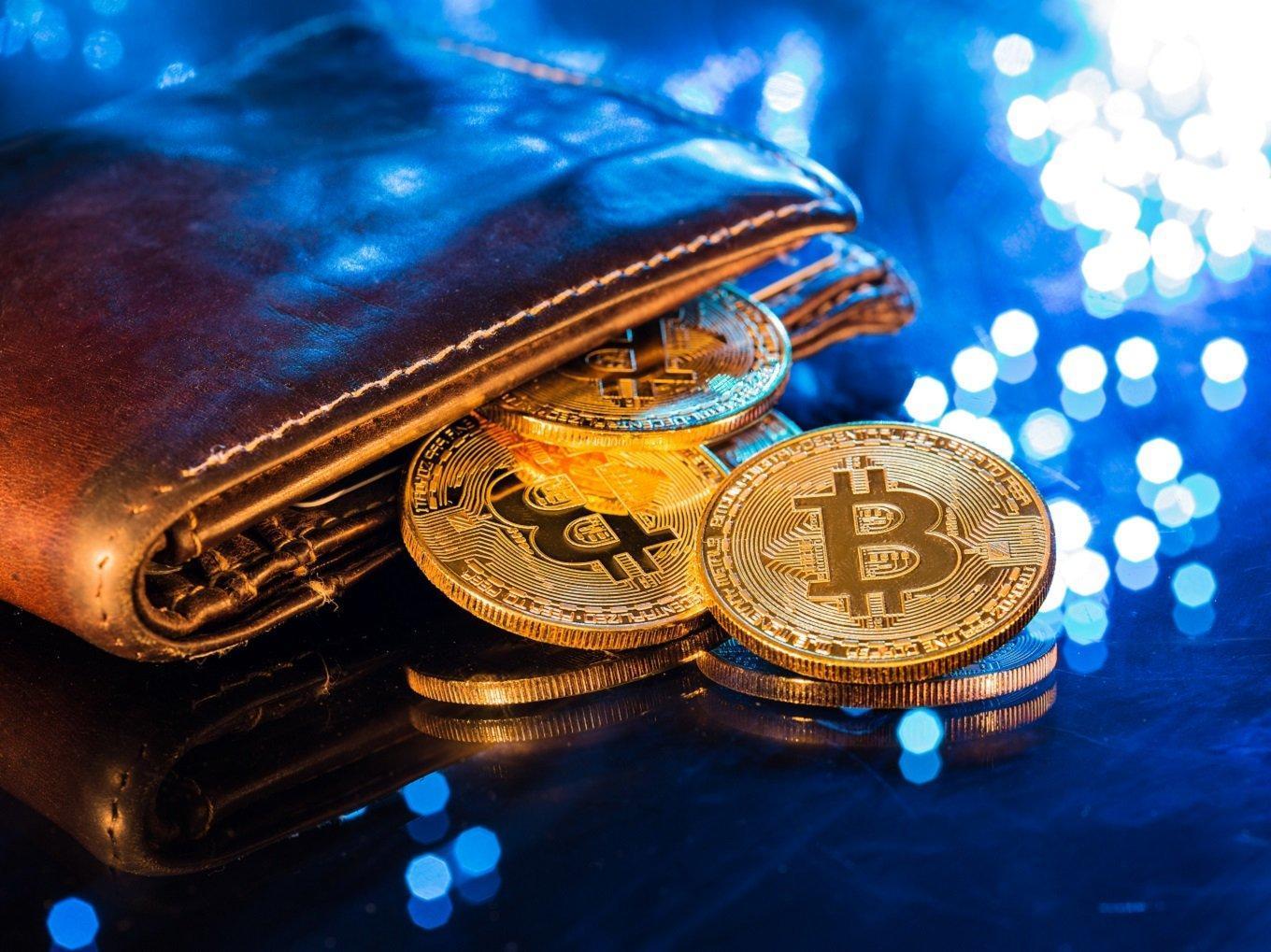
India: Mandatory Cybersecurity Audits for ExchangesIndia now requires all crypto service providers to undergo government-certified cybersecurity audits. This move boosts compliance with AML and CTF regulations, making exchanges safer for global buyers. Non-compliant platforms risk losing their licenses, so expect higher standards and more trust in Indian exchanges.
-
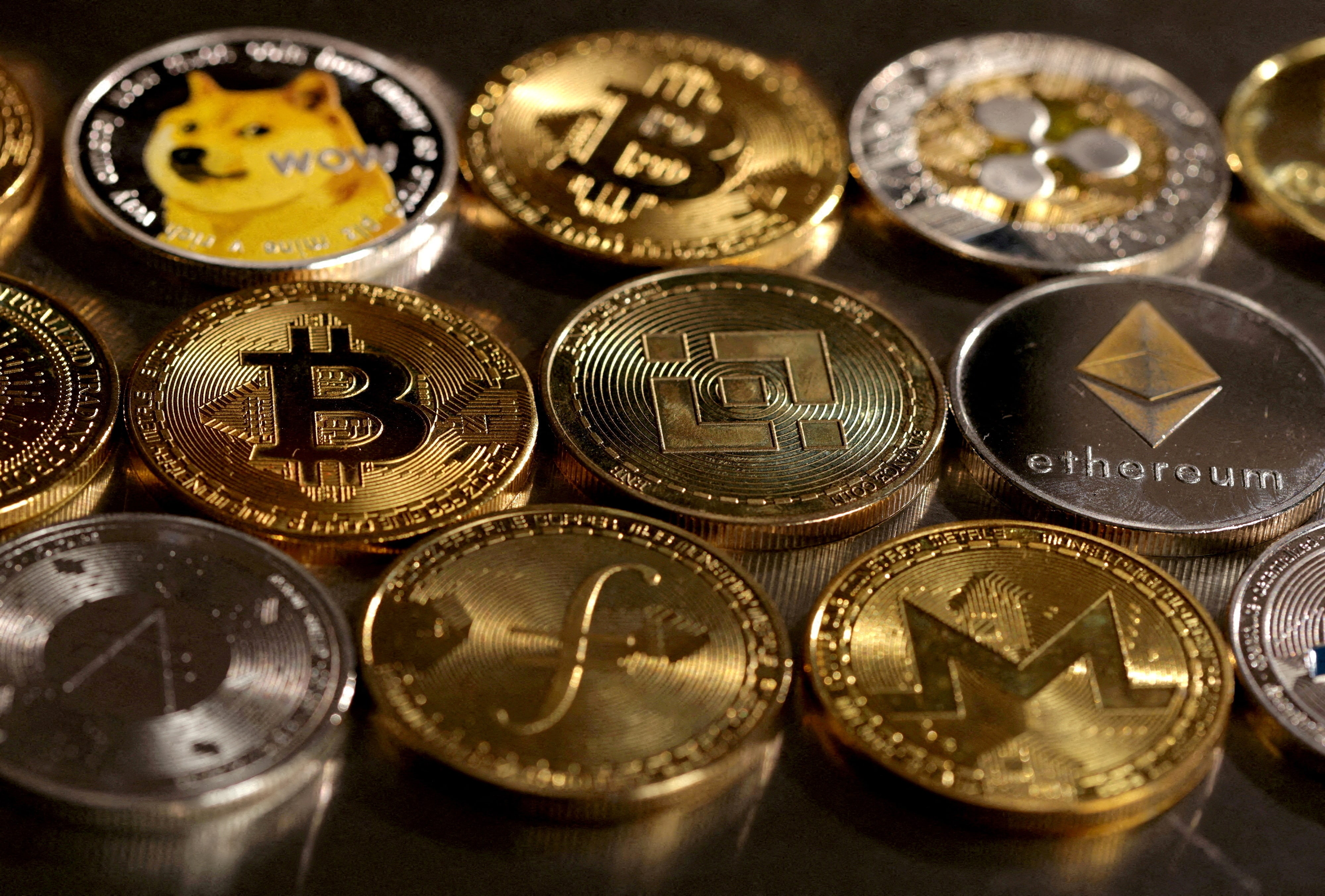
Japan: Legal Status & Insider Trading RestrictionsJapan is set to amend its laws to grant cryptocurrencies legal status as financial products. The new rules will also ban insider trading based on undisclosed information. For global buyers, this means greater transparency and legal clarity when trading on Japanese exchanges.
-
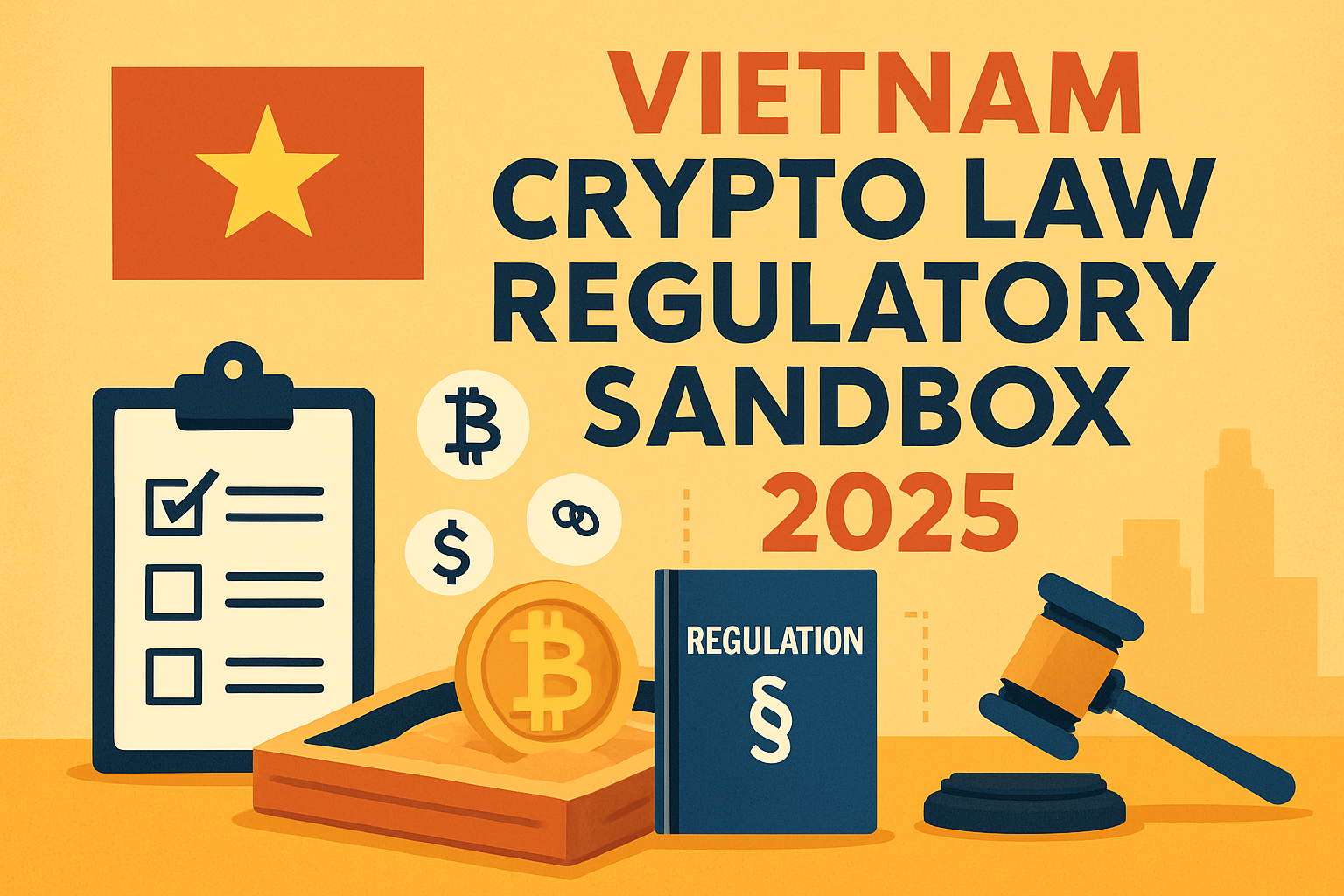
Vietnam: Asset-Backed Crypto & Local Currency RulesVietnam’s new law recognizes crypto assets and launches a regulatory sandbox. All crypto must be backed by real assets, foreign ownership is capped at 49%, and transactions must use the Vietnamese đồng. Global buyers should prepare for stricter entry requirements and a focus on local market stability.
-

Asia’s New Crypto Landscape: More Security, More ComplianceThese changes signal a shift toward structured, secure, and transparent crypto markets across Asia. For global buyers, this means reduced risks—but also a need to stay updated and compliant with each country’s evolving regulations.
Vietnam: Controlled Innovation with a Local Twist
Vietnam isn’t playing catch-up, it’s debuting its own digital asset regulations under the new Law on Digital Technology Industry starting January 1,2026. Here’s what stands out:
- Pilot Program: All crypto assets must be backed by real assets, no vaporware allowed.
- Foreign Ownership Cap: No more than 49% foreign ownership in exchanges ensures local control stays strong.
- Dòng Only: Every transaction must use the Vietnamese đồng, so forget about dollar dominance here.
This regulatory sandbox gives Vietnam space to experiment while keeping risk on a tight leash, a model that could inspire other emerging markets across Southeast Asia.
The Big Picture: Why Global Buyers Should Care
If you want access to Asia’s booming digital economy, or simply want safer ways to buy cryptocurrency, these changes are your signal flare. The days of unchecked risk are fading as India tightens audits, Japan clarifies legal status, and Vietnam pilots asset-backed innovation. For international traders and investors hunting secure entry points into Asian markets, understanding these shifts isn’t optional, it’s critical for staying ahead of the curve.
But what’s the real opportunity here for global buyers? It’s not just about compliance checklists, it’s about unlocking new, more secure pathways to tap into one of the world’s fastest-growing crypto regions. Each country is building guardrails that, when navigated smartly, can actually accelerate your access and confidence in Asian crypto exchanges.
For those who’ve been burned by hacks or regulatory whiplash in the past, these reforms are a breath of fresh air. India’s cybersecurity audits mean you’ll have a clearer view of which exchanges are truly secure. Japan’s legal clarity could finally bridge the gap between traditional finance and next-gen digital assets. Vietnam’s sandbox offers a unique playground for asset-backed tokens, ideal for buyers looking for innovation without chaos.
How to Navigate Asia’s New Crypto Exchange Landscape
If you’re ready to dive in, here are some quick-fire strategies:
Checklist: Safely Buying Crypto on Asian Exchanges (2025)
-
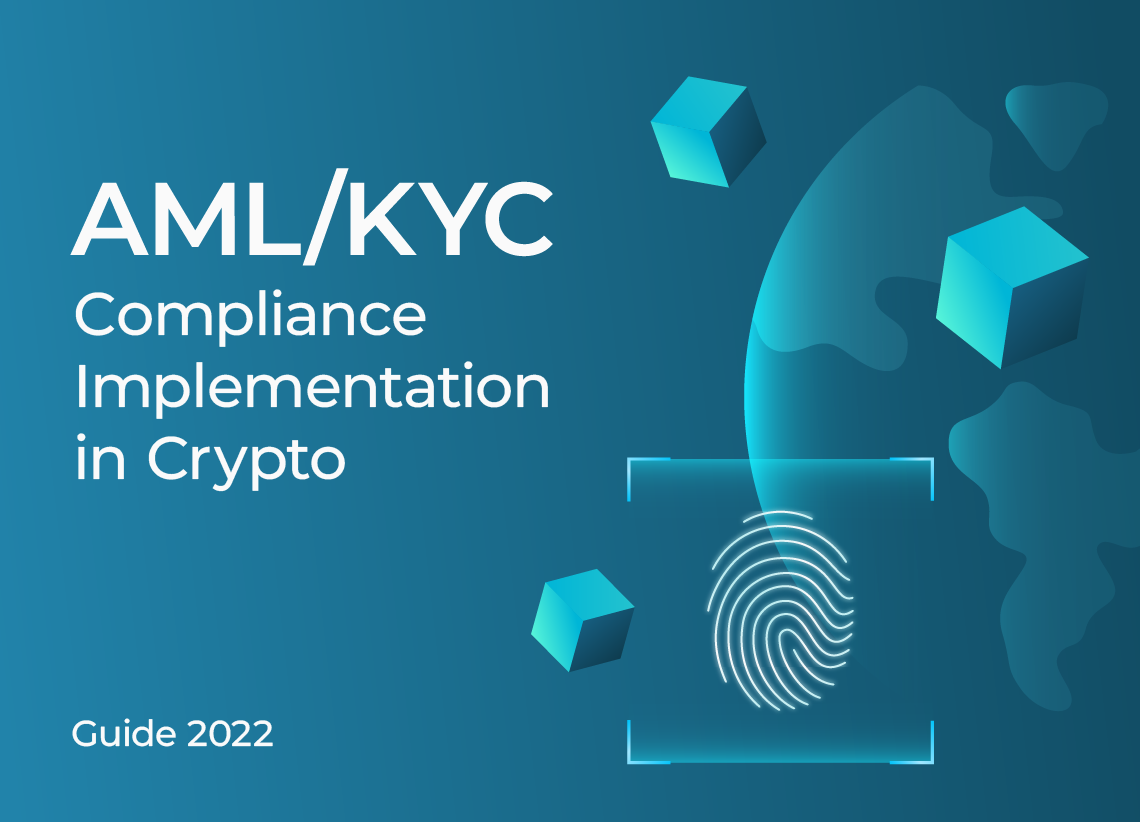
Comply with Local KYC/AML RequirementsPrepare to submit thorough identity verification documents. Asian exchanges are enforcing strict KYC (Know Your Customer) and AML (Anti-Money Laundering) checks, especially after India’s FIU directives and Japan’s FSA updates.
-

Check Asset-Backing & Ownership Limits (Vietnam)For Vietnamese exchanges, confirm that crypto assets are backed by real assets and that foreign ownership does not exceed 49%. All trades must be settled in Vietnamese đồng under the new law.
-

Understand Insider Trading Restrictions (Japan)Japan’s FSA is introducing insider trading bans for crypto. Avoid trading based on undisclosed information and follow official exchange disclosures.
-
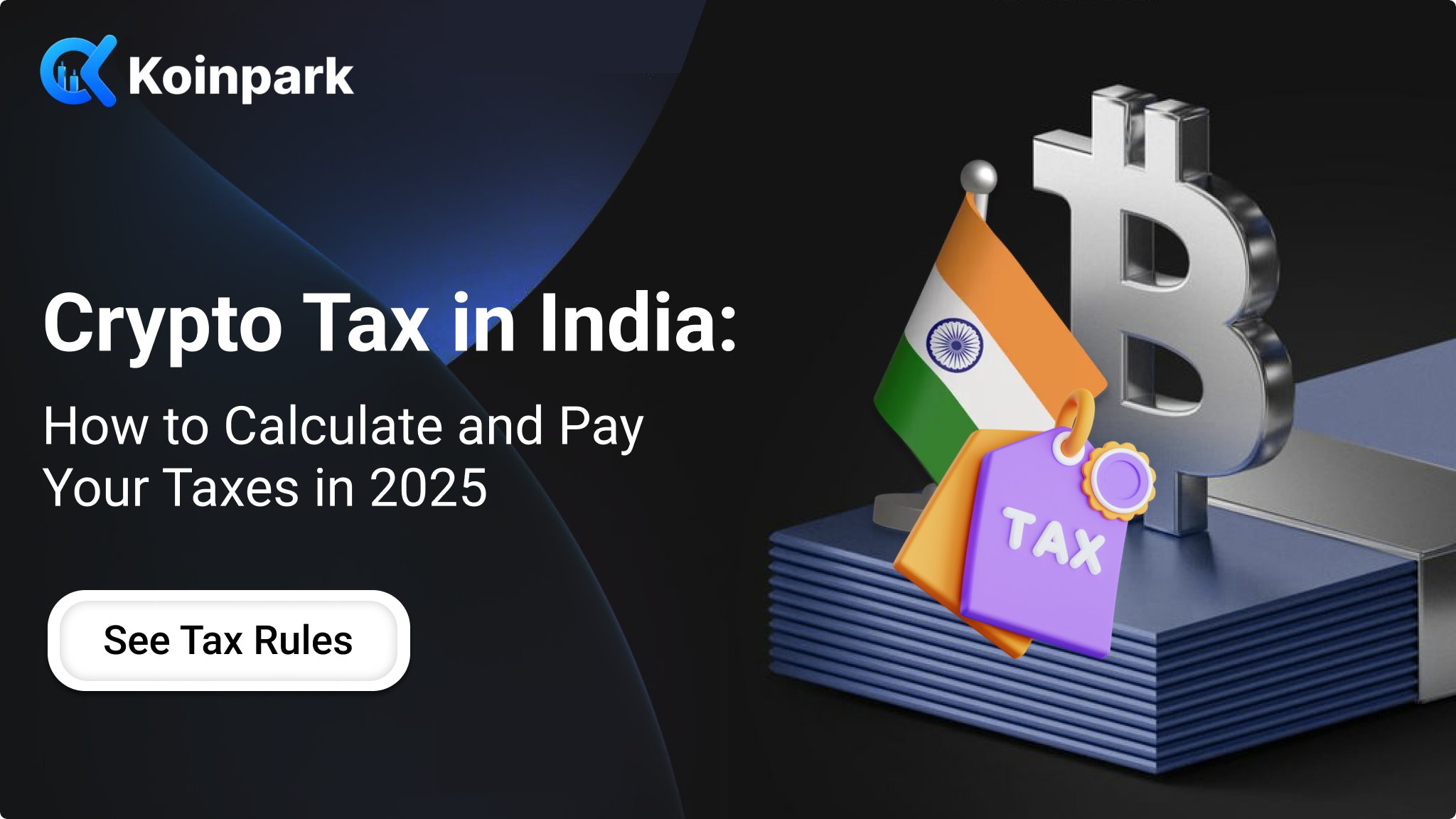
Stay Updated on Taxation & Reporting DutiesIndia retains a 30% crypto tax and 1% TDS on transactions. Keep meticulous records for tax filings and monitor for updates as regulations evolve.
-

Prioritize Platform Security & InsuranceChoose exchanges with robust cybersecurity measures, insurance coverage, and transparent security audits. Look for platforms with a proven track record of protecting user assets.
-
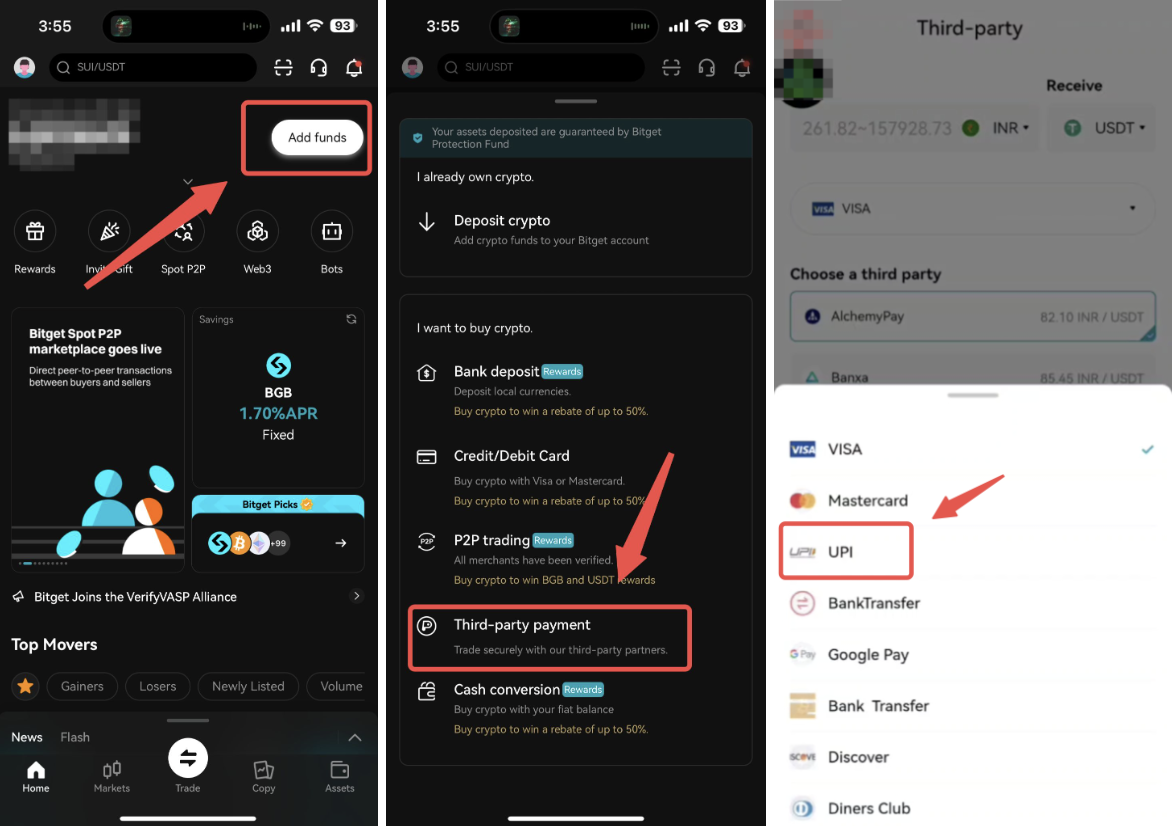
Review Supported Currencies & Fiat OnrampsConfirm that the exchange supports your preferred cryptocurrencies and local fiat currencies (INR, JPY, VND). Check for seamless deposit and withdrawal options.
- Stay Current: Regulations can change fast. Bookmark official sources and follow reputable analysts on social media.
- Verify Exchange Compliance: Only use platforms that meet India’s audit standards, Japan’s legal requirements, or Vietnam’s asset-backing rules.
- Diversify Entry Points: Don’t put all your eggs in one basket, test out different regulated exchanges across these leading markets.
- Watch Local Currencies: Especially in Vietnam where all transactions use the đồng, factor this into your trading strategy.
The upside? With Asia accounting for a massive share of global crypto adoption, and India alone topping the charts, you’re gaining exposure to vibrant markets that are only getting stronger as they professionalize. The days of wild-west speculation are fading as regulation brings more institutional money and mainstream buyers into play.
Looking Ahead: Adapt or Miss Out
The message is clear: if you want a front-row seat to the next wave of crypto adoption, don’t wait for regulations to settle, adapt now. The most agile traders will be those who understand both the risks and rewards of Asia’s evolving marketplace. With governments raising the bar on security and transparency, expect more sustainable growth, and fewer headline-grabbing disasters, in the years ahead.
This is your moment to get strategic. Whether you’re a day trader chasing volatility or an investor seeking long-term value, learning how to navigate India’s audits, Japan’s legal reforms, and Vietnam’s local-first approach could be your edge over slower-moving competitors. The future of buying cryptocurrency securely isn’t just being written in Silicon Valley or London, it’s unfolding right now across Mumbai, Tokyo, and Hanoi.




